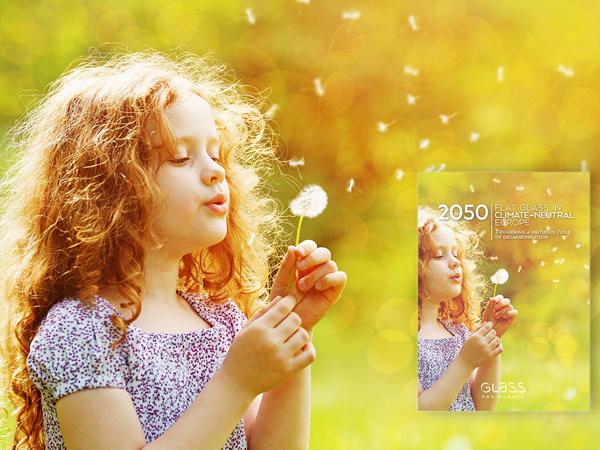
Date: 31 January 2020
Glass for Europe, the trade association of Europe’s flat glass sector, releases today its 2050 vision on Flat glass in a Climate-Neutral Europe. This comprehensive work highlights how the flat glass sector can maximize its contributions to Europe’s decarbonisation goals but also identifies how a virtuous decarbonisation cycle can be triggered on the journey towards climate-neutrality.
Europe is going to need high-performance flat glass in much greater quantities to move towards climate-neutrality and this flat glass should be manufactured with minimal CO2 as soon as possible. These facts are at the core of Glass for Europe’s 2050 vision on Flat Glass in a Climate-Neutral Europe, which is released today.
Europe’s flat glass sector takes it as its role to produce at a competitive price the materials essential for renovating and decarbonising Europe’s buildings, for supporting the clean mobility transition and for increasing the share of solar energy in Europe. In the building sector alone, at least a twofold increase in the building renovation rate is needed to meet Europe’s objectives and demand for high-efficiency glazing should grow subsequently.
“Because our products help avoid so much CO2 throughout their lifetime, the flat glass industry is already today a net carbon avoidance activity” says Christian Quenett, Chairman of Glass for Europe and Head of Architectural Glass at NSG Group. Mr Quenett goes on “Our sector will play its part to meet the objective of a climate-neutral Europe. We are aware of our responsibility to lower industrial emissions to the maximum extent possible and we are already actively researching new manufacturing solutions.”
Glass for Europe’s 2050 vision identifies the disruptive technological routes for a massive decarbonisation of the flat glass manufacturing process and presents their respective maximum CO2 emission reduction potential. The need for technological breakthrough and energy infrastructure to guarantee the availability of feedstock are also recognised as important enablers for policies to become supportive of the industry’s decarbonisation efforts.
“Flat glass is largely a non-substitutable material that is strategic for the massive decarbonisation of Europe. It is therefore crucial that the operationalisation of the European Green Deal creates the right conditions for our sector to maximise its contributions to climate-neutrality”, declared Bertrand Cazes, Secretary General of Glass for Europe.
Glass for Europe suggests actions for the EU to trigger a virtuous cycle of decarbonisation that starts with mainstreaming carbon-avoidance products in sectors offering the highest CO2 emission reduction potential. In this regard, the announced building renovation wave will be pivotal if it offers certainty thanks to binding targets and effective measures. Going circular by removing the barriers hampering the recycling of glass waste, developing an ambitious industrial strategy, supporting R&D in clean technologies and products, creating the appropriate economic and infrastructure conditions to attract low-carbon investments, are also essential elements of this virtuous decarbonisation cycle.
“Glass for Europe is eager to share this vision and engage in a constructive dialogue with European stakeholders that have the tremendous responsibility to put Europe on track to deliver climate-neutrality” concluded Mr Cazes.
***
Read the interview to Glass for Europe’s President.
More info:
On 29 January 2019, the publication Flat Glass in Climate-Neutral Europe was presented and discussed during a dinner debate between EU officials, Members of the European Parliament, Representatives from the Croatian Presidency of the Council and senior managers of Europe’s flat glass manufacturers.
 600450
600450

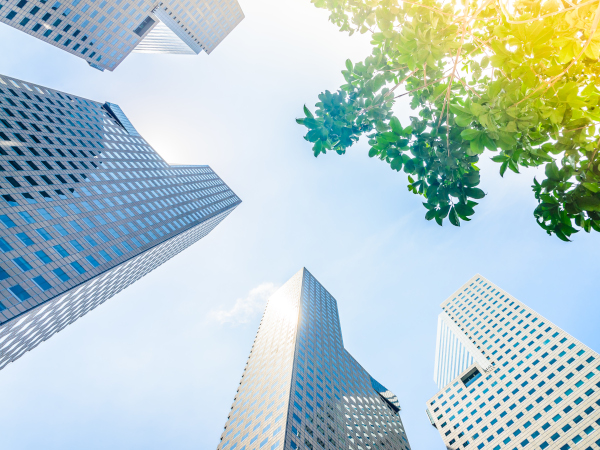
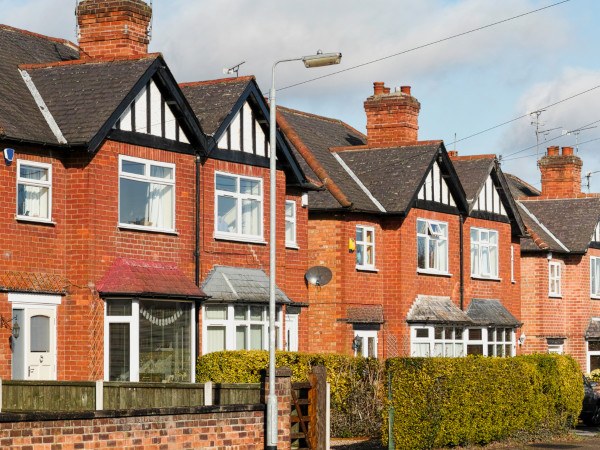

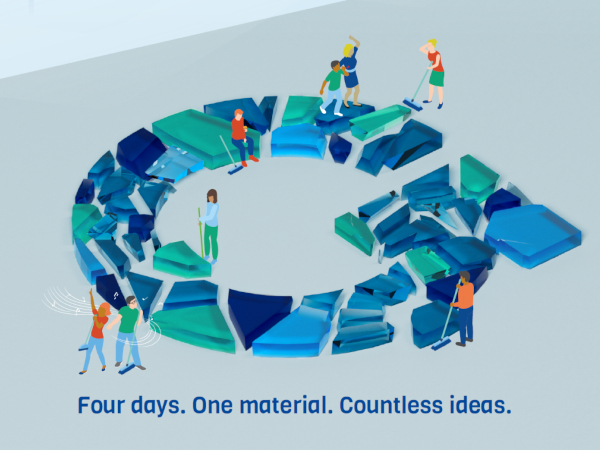
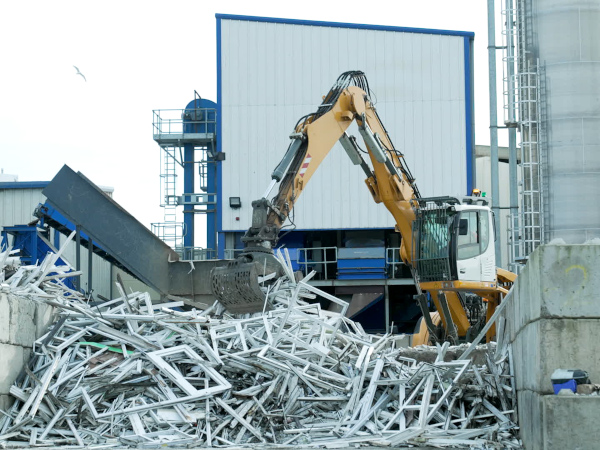
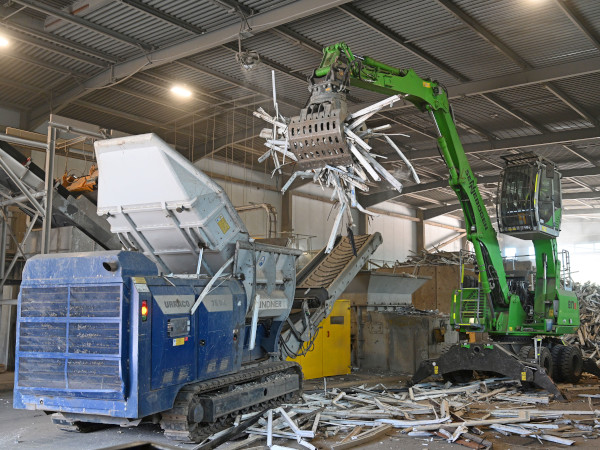

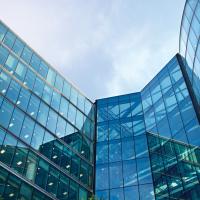
Add new comment